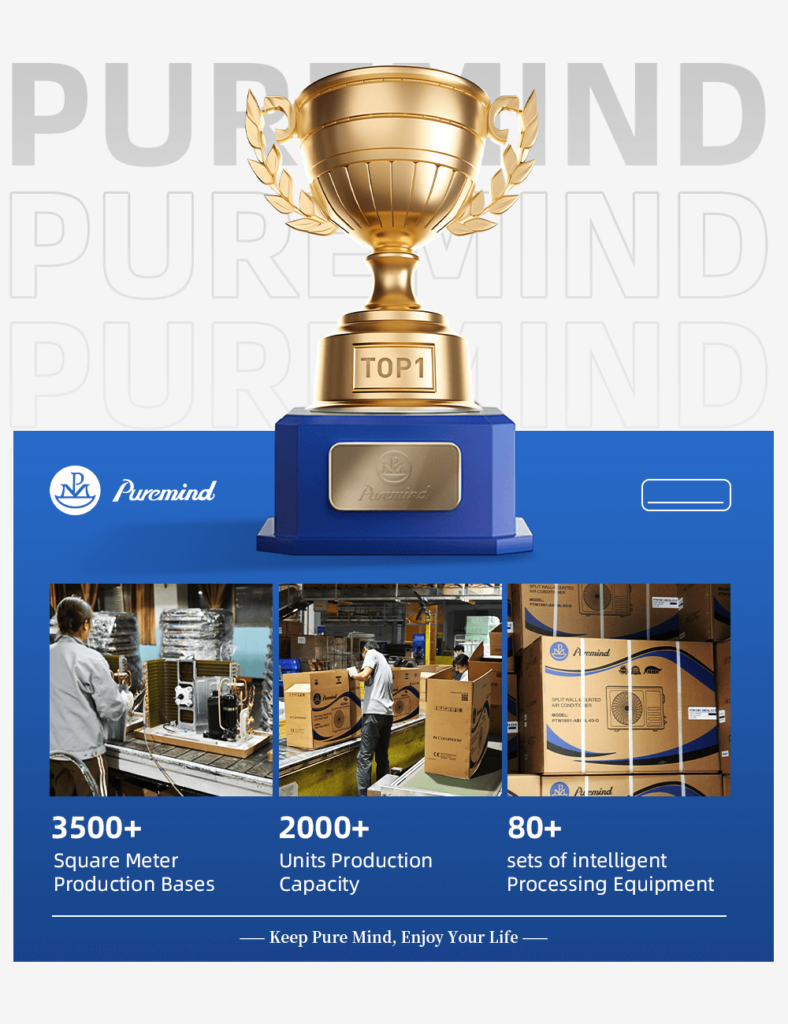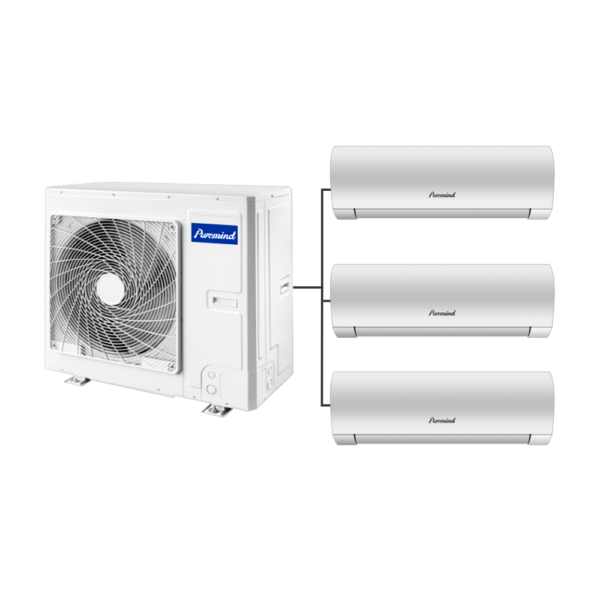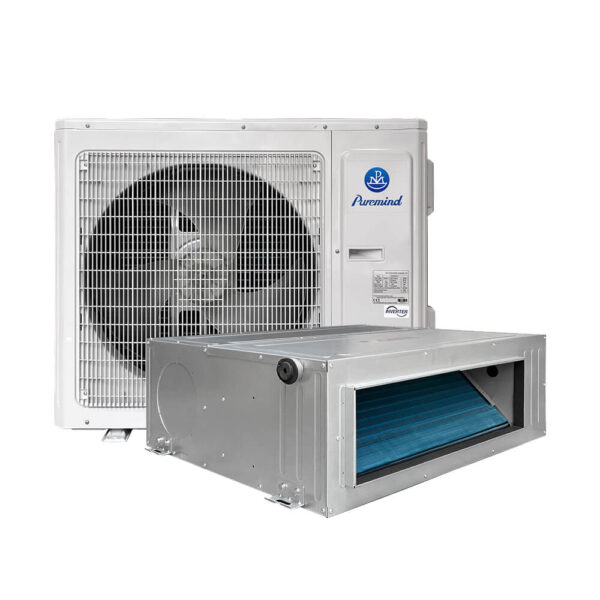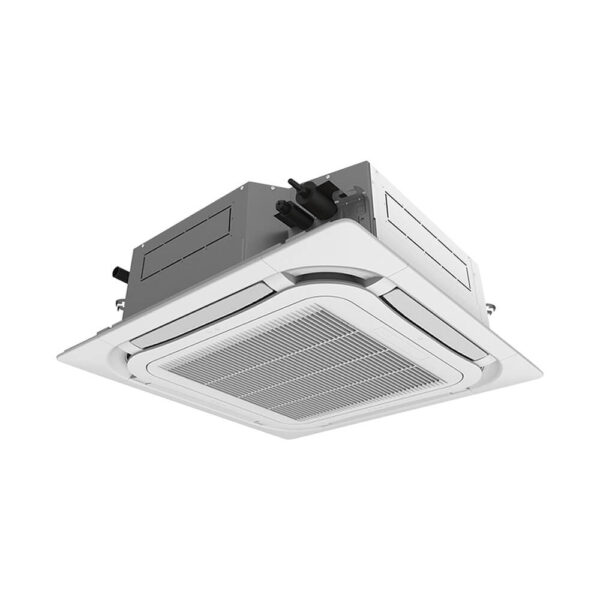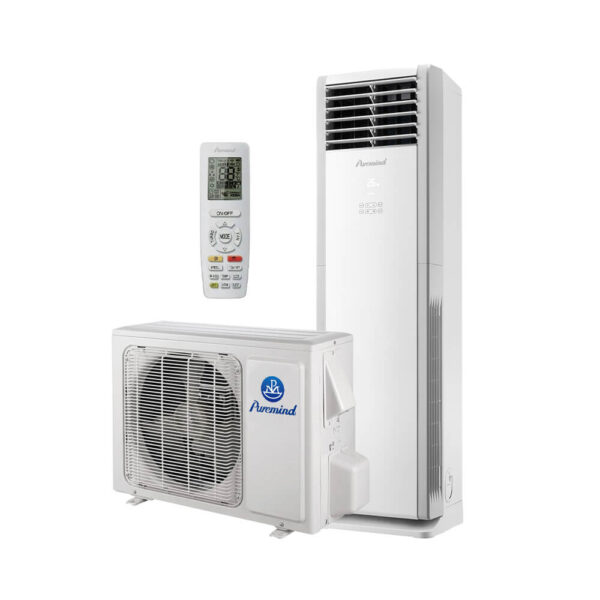HVAC Company for Sale: Complete Guide for Buyers, Wholesalers, and Distributors
The heating, ventilation, and air conditioning industry is undergoing major growth. For entrepreneurs, wholesalers, and distributors, searching for an HVAC company for sale can be an attractive pathway to expand market presence or enter a thriving industry. But before making an investment, it’s important to understand what drives company value, what risks to watch out for, and how ownership can impact your long-term strategy. This in-depth guide explores everything you need to know when considering the purchase of an HVAC business.
Why Look for an HVAC Company for Sale?
The HVAC industry is projected to grow steadily, driven by rising demand for energy-efficient systems, new construction, and replacement of outdated equipment. For wholesalers and distributors, acquiring an existing HVAC business provides instant market entry, customer relationships, and revenue streams. Rather than building a company from scratch, buying an existing firm can accelerate growth and reduce uncertainty.
Key Drivers of HVAC Company Value
When reviewing an HVAC company for sale, valuation is more than just annual revenue. Here are common factors that influence price:
- Customer base – Long-term contracts and repeat clients significantly increase value.
- Brand reputation – Established names with good local recognition often command higher prices.
- Financial health – Consistent cash flow, strong profit margins, and low debt improve valuation.
- Skilled workforce – Companies with certified technicians and stable staff are more attractive to buyers.
- Product distribution network – Firms tied to reliable supply chains, such as split air conditioners, offer better operational efficiency.
Benefits of Buying an Established HVAC Company
Acquiring an existing HVAC company offers several strategic benefits:
- Immediate revenue – Cash flow begins as soon as the acquisition is completed.
- Access to trained staff – Reduces recruitment and training costs.
- Built-in supplier relationships – Helps ensure consistent product availability.
- Brand recognition – A known company saves years of marketing effort.
Risks to Consider Before Purchase
Buying an HVAC company is not without risks. Common challenges include:
- Hidden debts – Some businesses carry tax liabilities or outstanding vendor payments.
- Outdated equipment – Companies using older technologies may require heavy modernization costs.
- Staff turnover – If technicians leave after acquisition, operations could be disrupted.
- Overvaluation – Sellers may set prices higher than justified by financial performance.
How to Evaluate an HVAC Company for Sale
Wholesalers, suppliers, and distributors should conduct due diligence before signing any contract. Consider these steps:
- Review financial statements from the past three to five years.
- Examine customer contracts and retention rates.
- Assess supplier agreements and product lines.
- Check licensing, certifications, and compliance with regulations.
- Request an independent valuation or third-party audit.
Financing Options for Buyers
Acquiring an HVAC company for sale often requires significant capital. Financing options include:
- Bank loans – Traditional financing with structured repayment plans.
- SBA loans – Government-backed loans that reduce lender risk.
- Private investors – Partnerships or silent investors sharing profits.
- Seller financing – Owners may allow buyers to pay over time with interest.
Best Practices for Wholesalers and Distributors
For wholesalers and distributors, acquiring an HVAC company can strengthen supply chain control and customer loyalty. Here’s how to maximize results:
- Focus on companies with established dealer networks.
- Integrate product distribution into your existing logistics system.
- Leverage supplier relationships to negotiate better pricing.
- Cross-sell complementary products like ductless mini-splits or ventilation accessories.
Case Study: Successful HVAC Acquisition
In 2022, a regional distributor acquired a mid-sized HVAC contractor specializing in energy-efficient systems. Within one year, revenue grew by 25% due to combined distribution and installation capabilities. The acquisition also provided access to commercial clients, improving overall market positioning.
Future Outlook of HVAC Business Sales
Industry experts predict more HVAC company for sale opportunities in the coming years, fueled by retiring business owners and industry consolidation. According to AHRI, the global shift toward energy-efficient systems will create ongoing demand for skilled contractors, making HVAC businesses attractive acquisition targets for suppliers and investors.
Frequently Asked Questions (FAQ)
1. Is buying an HVAC company profitable?
Yes, if due diligence confirms strong cash flow, skilled staff, and a loyal customer base.
2. How much does an HVAC company usually cost?
Prices vary widely but often range between 3–5 times annual earnings before interest, taxes, depreciation, and amortization (EBITDA).
3. Do I need technical experience to buy an HVAC company?
Not necessarily. Many buyers are distributors or investors who hire experienced managers and technicians.
4. Can a small distributor benefit from buying an HVAC company?
Absolutely. Even smaller distributors can expand reach and strengthen their supply chain by acquiring local HVAC contractors.
Conclusion
Searching for an HVAC company for sale is more than browsing listings. It requires understanding valuation, assessing risks, and aligning acquisitions with long-term business strategy. For wholesalers, suppliers, and distributors, ownership offers powerful advantages: access to customers, control over supply chains, and immediate revenue growth. With proper research and due diligence, buying an HVAC company could be the key to unlocking long-term industry success.
